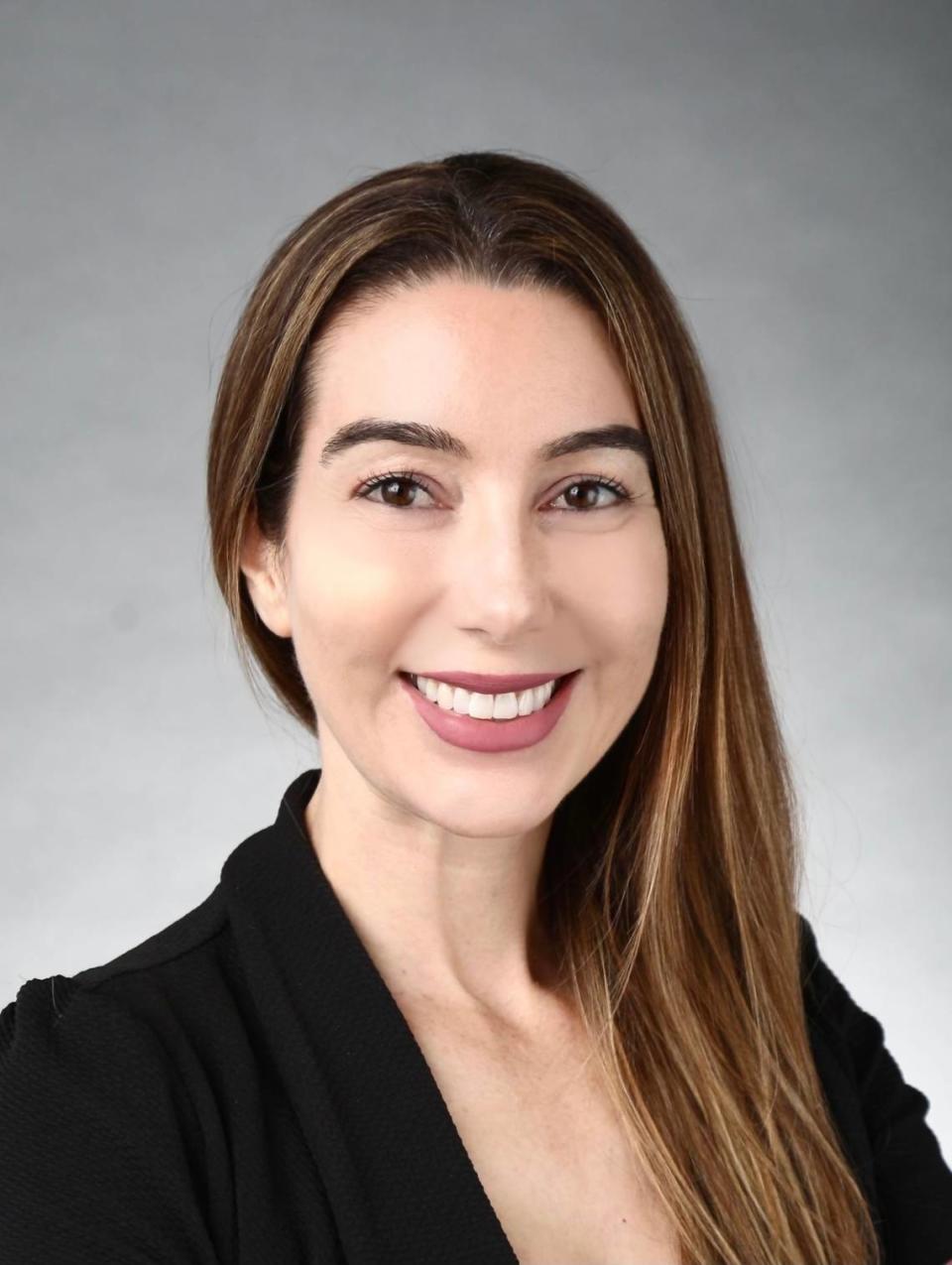Sanger poultry producer shows callous disregard for its flocks and workers | Opinion
Every month, in an act of compassion, the owner of a Stockton slaughterhouse willingly releases two chickens who get to live out the rest of their days at a sanctuary. This month, a pair of beautiful red hens we named Hannah and Cia were the lucky two.
Archeologist Steven Mithen discovered we gained the ability to empathize with other animals around 100,000 years ago. This new trait gave us the advantage of cooperative communication, which, ironically, made us better hunters. Our ability to recognize what other animals were feeling gave us insight into the movements of our prey. When our survival depended on it, we could be strategic killers — but killers with emotional baggage.
The recent exposé by Melissa Montalvo in The Fresno Bee brings to light what happens when a company fails to practice empathy and operationalizes callousness. Behind the strategic marketing of one esteemed high-end California poultry brand is a company plagued with some of the highest rates of worker injuries, Cal/OSHA violations, fines and even deaths.
The workers’ stories of chronic pain, unsafe practices, and poor training betray the wholesome packaging of Pitman Family Farms many labels, which include Mary’s Free-Range Chicken or Norbest Turkey. Most recently, Jose Abrego, a 19-year-old employee, became the second worker to die there in a year.
But it’s not only the workers who pay the price. Even if you don’t purchase their products, you are still supporting this so-called “family farm,” located in Sanger. As highly pathogenic avian influenza has decimated flocks across the country, with nearly 82 million birds killed since the beginning of the outbreak in 2022, poultry companies have received over $715 million in bailouts, paid for by U.S. taxpayers.
Opinion
The real cost could be much greater. Recent work out of the Harvard T.H. Chan School of Public Health shows such influenza outbreaks could even mutate, jump to human beings, and cause the next pandemic. The virus has now made the jump to infect mammals, killing 96% of elephant seal pups born in 2023 in Argentina’s Península Valdés. But we keep incentivizing these high-risk practices. Pitman Family Farms received more than $20 million in bailouts at taxpayer expense.
Worse still, after failing to put plans in place to end the lives of their birds humanely, more than 300,000 of Pitman’s birds were killed by sealing up barns, pumping in heat, until the animals inside died via heatstroke in a method known as ventilation shutdown plus (VSD+). VSD+ is approved by the American Veterinary Medical Association in “constrained circumstances” only. Such circumstances are easily met when thousands of birds are packed tightly into warehouses without ensuring sufficient stockpiles of foam, gas, or trained workers to implement “preferred” killing methods. The industry accepts killing by heatstroke as “good enough” to prevent the further spread of HPAI, which might threaten millions more birds.
It is well-accepted that people who abuse animals are likely to harm members of their own species. It’s no surprise that a company that doesn’t treat animals with respect would also deny the dignity of their human workers. With bailout money in hand, Pitman plans to expand in Lemoore and add “16 new poultry barns and would include an additional 485,000 chickens, for a new total of approximately 550,000 chickens.”
Harvest Home Animal Sanctuary, where Hannah and Cia will live, also had an outbreak of HPAI last year. But because of their individualized care, they were able to save most of their 160 birds, with only 26 passing away. They received no bailouts.
What if we aligned our technology and tax dollars with our empathy instead? Researchers say that investing in food production methods that don’t require slaughtering animals would save us $7.3 trillion globally in health burdens and ecosystem degradation.
Humanity’s survival now depends on caring for other species, not slaughtering them. The best part? No emotional baggage required.
Dr. Crystal Heath of Berkeley is an AVMA-member veterinarian, a graduate of UC Davis School of Veterinary Medicine, and co-founder of Our Honor, an organization that supports veterinarians and animal professionals in advocating for the best interests of others, no matter their species. She is also on the founding committee of Veterinarians Against Ventilation Shutdown and on the board of LEAP - Leaders for Ethics, Animals and the Planet .


